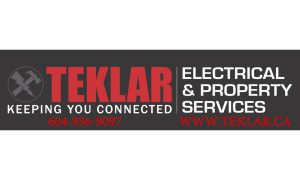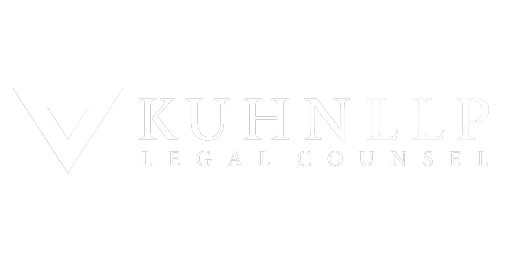In the last few years there has been a National effort to reverse Climate Change and one of those efforts is to make homes more energy efficient.
The energy used to cool homes in Canada is increasing each year and efforts to reduce this will help everyone, as the energy used will usually make the environment hotter outside.
Canada set a requirement that all residential buildings less than 7 Stories tall need to be Net Zero by the year 2050. To achieve this BC has implemented the Step Code as a new part of the Building Code. This Step Code will require all new residences to be Net Zero by the year 2032 and all existing residences be upgraded by the year 2050.
The big push on this front was to figure out how to make residences more energy efficient, to the point they effectively use no energy to operate: this is called Net Zero Energy Use, or simply Net Zero.
The City of Vancouver is at the forefront of meeting these targets, but it should be noted that all the Cities in BC are now stepping up to help reverse climate change.
This has caused an entire change in energy efficiency requirements for electrical fixtures and appliances as everyone is pushing to get their products down to as little energy use as possible.
Below are some things that are being doing to reduce energy usage:
1. Install heat pumps
Heat pumps are a terrific way to balance heat and cooling throughout the year. Using a minimal amount of electricity, heat pumps transfer heat energy from the outside to the inside or vice-versa, even at extreme temperatures. This process gives you an effective, energy-efficient way to get the perfect temperature in your home year-round.
2. Change to Energy Efficient Lighting
Energy efficient Lighting, for example LED Lighting, is one of the best ways to improve your home’s energy efficiency. This not only uses a fraction of the energy of regular lighting, but it also reduces the amount of cooling required, as well as the risk of fires, as less heat is generated by the Lighting.
3. Electric on demand water heater
Efficient water use is a key way to improve energy efficiency for residential units and in some cities is a requirement. On demand systems only require water and power consumption when called upon, which means you are using less energy to heat your water. Unlike a hot water tank that uses a lot of initial water and energy to keep it hot until or if needed.
4. Get electric ready
In the coming years, your home will likely have less gas-powered appliances and more electric appliances – and you may end up driving an electric vehicle. Instead of waiting until your home’s electric demands overwhelm you, we suggest getting electric ready now. Some basic changes can prepare you. For example, consider upgrading your Electrical Panel so you have enough power for the added requirements and for an Electric Vehicle Charging Station. Also new electrical equipment is more efficient and safer.
Blog by Teklar Electrical Contracting



















